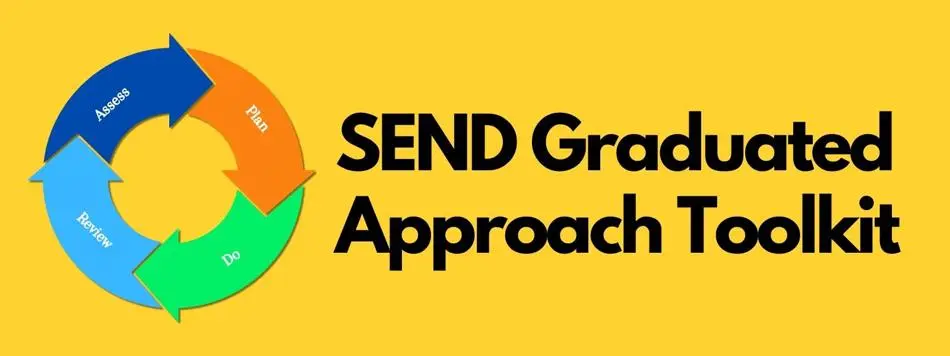
Welcome to the Graduated Approach Toolkit developed for Early Years Special Educational Needs Co-ordinators (SENCOs)
This section of the Graduated Approach Toolkit has been developed for Early Years Special Educational Needs Co-ordinators (SENCOs), to support SENCOs across Bury in their work in early years settings, however experienced or new to the role. It details good practice and outlines key processes and procedures to ensure that all children with SEND in Bury thrive. The themes and content included here have been developed collaboratively with Bury stakeholders including parents/carers and children and young people in Bury (see the full list of contributors to the Graduated Approach Toolkit).
The SEND Code of Practice promotes a Graduated Approach to meeting the needs of children and young people with SEND using the ‘Assess-Plan-Do-Review’ Cycle to support this process. This works by revisiting, refining and revising our understanding of a pupil’s needs and what works to support them. This means that our understanding of children’s and young people’s needs should become clearer over time. See Information about APDR Cycles.
SENCOs in Bury are committed to ensuring that parents/carers, children and young people and school staff receive the right support, at the right time.
The SENCO role is diverse and rewarding, though it can also be demanding. SENCOs have a key role in ensuring that teaching and learning for children with special educational needs and disabilities (SEND) is effective and they are fully included in their setting. SENCOs work closely with children and families to ensure that they are fully included in planning and decision-making at all stages of the graduated approach.
The SENCO role lies at the very heart of inclusive practice in schools and settings.
It is hoped that the SENCO Best Practice section will be a helpful reference for Early Years SENCOs, exploring different aspects of the role from whole setting approaches to individual needs; and will support the wider team in schools and settings to champion the needs of children and young people with SEND.



